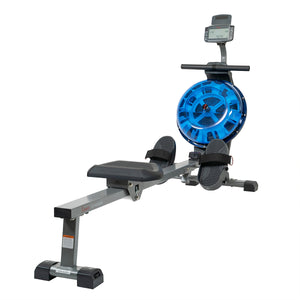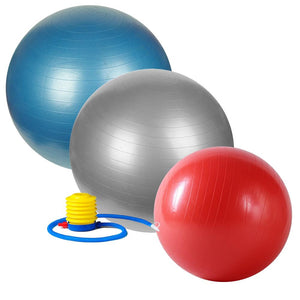Should you care about calories? Some people do and others don’t. But the reality of the fact is they’re essential to the human diet. So how can you use them to help reach optimal health?
There’s no question about it: Your health and performance would suffer without calories. While having enough calories is critical, consuming too many or too little can also be disadvantageous.
So, what exactly is a calorie?
Technically speaking, a calories is the amount of heat needed to raise the temperature of a liter of water 1 degree. In action, your body has complex systems that digest food sources and break them down into useable sources of energy. The amount of energy available for your body to use depends on the number of calories in the foods sources you eat.
The number of calories you generally need depends on your age, height, and weight. It’s also important to note that calories only come from three food sources: proteins, carbohydrates, and fats.
Most packaged foods have nutrition labels that list the number of calories found in that particular food. If you buy non-packaged fresh foods, it may be difficult to determine how many calories are present in these meals. Luckily nutrition facts of most foods—including fresh foods—can be found with a quick internet search, from a half pound of salmon to an apple.
How much is too much? Or too little?
While you don’t necessarily need to count all your calories, there are a few signs to watch for if you are eating too much or not enough. The most familiar sign of a calorie surplus can be weight gain. While there may be other issues resulting in your weight fluctuation, calorie consumption is a key player.
If calorie consumption is leading to weight gain, it might be time to start focusing on how many calories you need to maintain or lose weight. In order to figure that out, you need find your Resting Metabolic Rate (RMR). RMR refers to the number of calories your body needs to function throughout your day if you are not participating in any physical activity.
If you consume more calories than your RMR then your body will store those unused calories as fat in your body. If you eat less than your RMR, your body will start to breakdown your fat stores to meet your body’s needs, which may cause you to lose weight. To find out your Resting Metabolic Rate use the calculation below.
























Add Your Name & Email
Please enter your name and email to continue.We won’t display your email publicly.